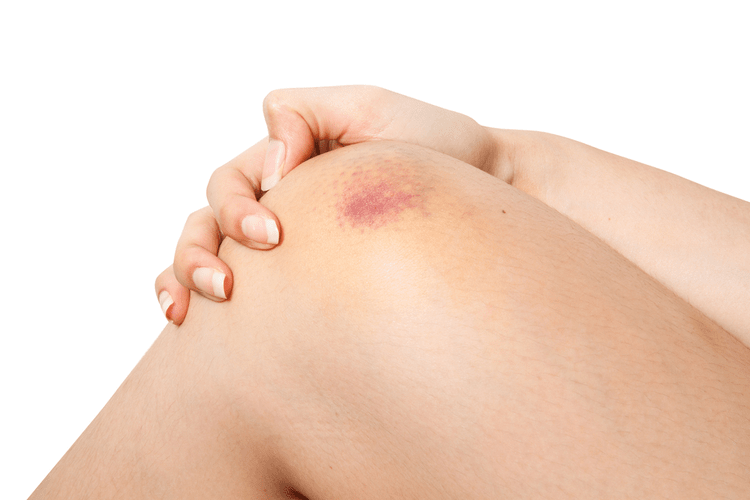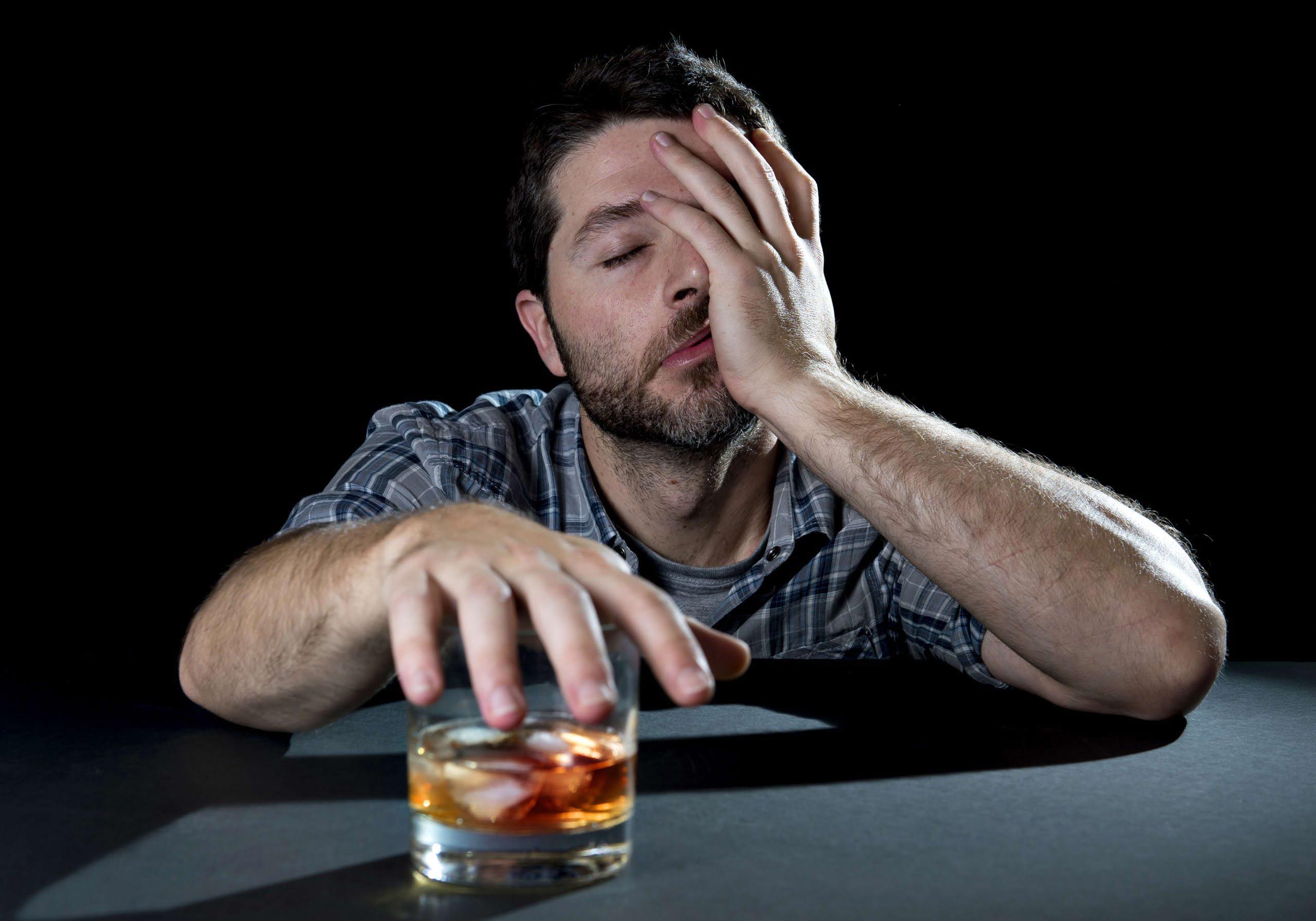If you have quit drinking but are still struggling with the negative and destructive attitudes and feelings you had during active addiction, you may be dealing with what’s called dry drunk syndrome. The Recovery Village Cherry Hill at Cooper offers comprehensive addiction treatment for drug and alcohol addictions and co-occurring mental health conditions. By addressing underlying psychological patterns, professional support helps individuals transition from mere abstinence to genuine recovery. Yes, if you’ve been dealing with symptoms of dry drunk syndrome, recovery is absolutely possible. It’s about discovering more constructive ways to manage what you’re experiencing. But don’t hesitate to reach out for professional help if you feel you need guidance or support.
Your addiction does not have to define who you are.
However, as time goes on, they may discover that life in recovery is more challenging than they had expected. Without additional support, many in recovery may feel discouraged, anxious, or hopeless. Recovered On Purpose offers free 12 Step Worksheets, Relapse Prevention Worksheets, and video guides designed to help you walk through real recovery—not just abstinence. Don’t settle for surviving alcoholism—build a life worth protecting. Alcoholism may have robbed you of your identity, but recovery gives you the chance to rebuild it. You can rediscover your creativity, mend broken relationships, and live with integrity.
How to Know if You Have Alcoholism?
- Spiritual growth can contribute to replacing feelings of emptiness or resentment with a feeling of peace, purpose, and wholeness, to emotional recovery.
- Though easier said than done, techniques like mindfulness meditation, cognitive behavioral strategies (CBT), and professional counseling can help individuals develop healthier emotional responses.
- Understand that it is normal to feel a range of emotions during recovery.
- Because a dry drunk isn’t an active alcoholic, the tendency is to believe that behaviors have changed.
- Even the people who you alienated before you quit drinking may welcome the opportunity to spend time with you.
A persistent lack of energy is common in individuals dealing with emotional and psychological distress. Even without drinking, the body’s stress response can lead to exhaustion. One of the most common signs of Dry Drunk Syndrome is ongoing irritability.
- It highlights the complexities of addiction, which extend beyond physical dependence.
- If you find yourself feeling restless, irritable, or discontented, you may be experiencing dry drunk syndrome.
- This state of affairs raises a lot of questions concerning the diagnosis of alcohol protracted abstinence problems.
Health Conditions
Many health professionals have pointed out that these symptoms resemble late withdrawal. All of the anger, resentment, and other dry drunk symptoms can leave family members feeling as if they need to walk around on egg shells to avoid sparking another argument. However, behavioral patterns under the influence of chemicals; even prescription ones; can be different Sober living house from those patterns the person has off the drugs.
Sometimes a person may quit drinking but fail to address any of the underlying issues that led to their addiction. When this https://dentistconsultationhub.com/the-five-stages-of-intoxication-understanding-the/ happens, they may be sober but continue to behave in emotionally immature ways. Someone who is experiencing dry drunk syndrome has a higher risk of relapse than someone who commits to personal growth in recovery.
The Dry Drunk Syndrome: What Is It, and How Can It Affect My Recovery?
Any of these mutual-aid, or support groups, can be an important component of long-term recovery. A person who has PAWS may find it helpful to have the support of their loved ones. However, having symptoms of PAWS, which can last for up to 2 years following alcohol withdrawal, can put a person at higher risk of relapsing. The symptoms of PAWS can come and go, which may cause a person to believe that they are not making progress.
- You consent to receive SMS notifications and promotions from Paid Advertiser.
- Many individuals with alcoholism, alcohol use disorder, or long-term addiction benefit from a tailored treatment plan that addresses both their past and present struggles.
- Dual diagnosis, where alcohol addiction co-occurs with mental health disorders, is common among those struggling with substance abuse.
- If the symptoms of dry drunk syndrome are related to post-acute withdrawal syndrome2, this can last for weeks or months.
- Seeking therapy, exploring treatment options, or joining group therapy is not a sign of weakness; it’s a powerful act of self-respect.
It is entirely possible to remain sober while still being a mental mess that needs professional care. Over time, these strained relationships can worsen negative thought patterns, making you feel worse about yourself. It’s a vicious cycle that can drain your energy, making it harder to heal and, in some cases, increasing the risk of sober alcoholic meaning relapse. One of the most serious risks of dry drunk syndrome is the possibility of returning to drinking.
Contact the Agape Behavioral Health specialists to learn more about our programs or to schedule an intake appointment. A person can also find more information about local treatment centers by using sites such as findtreatment.gov. Relapse is something to regard as a temporary setback rather than a failure. The Semel Institute for Neuroscience and Human Behavior states that about 75% of people recovering from AUD experience PAWS. However, there is no information on how many people these symptoms specifically affect.


